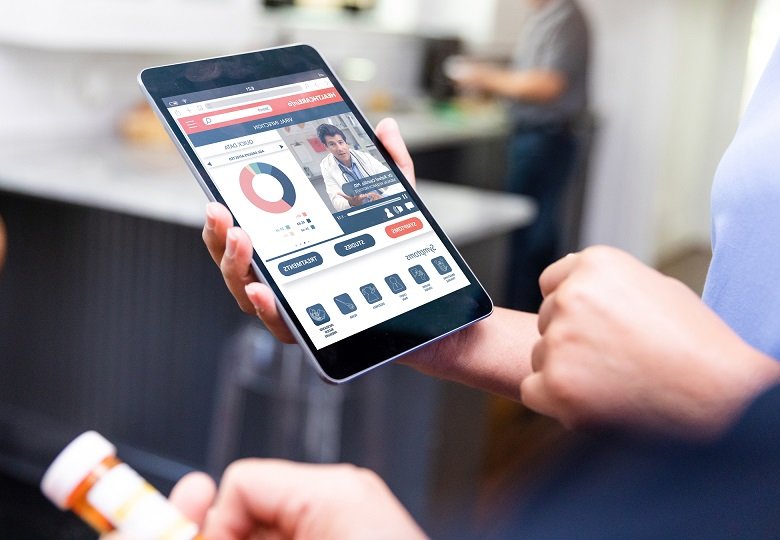
Photo Credit: VMware
Digital-first patient services and experiences are paving the way to Southeast Asia’s future healthcare landscape, according to VMware, Inc. In VMware’s Digital Frontiers 3.0 Study, VMware uncovered Southeast Asian consumers’ excitement for digitally enabled healthcare services with 66% of them saying they prefer remote, video-call in lieu of faceto-face consultations with medical professionals. With more patients increasingly expecting improved healthcare accessibility, timeliness and accuracies regardless of wherever and whenever they are, emerging digital healthcare innovations such as robotics and telehealth will be pivotal in shaping the future of digital healthcare in Southeast Asia.
Yet the same study also revealed that only 36% of Southeast Asian respondents are happy to interact with healthcare services providers digitally. To close the gap and drive greater digital healthcare adoption, healthcare industry incumbents and new entrants can tap on a more robust digital infrastructure and harness emerging technologies like Cloud, modern apps and big data to enable and provide better and more accurate healthcare services, charting a new future of connected healthcare for the region.
“New, immersive healthcare services such as remote medical consultations, wearable devices and supercomputers have redefined the way healthcare organizations and doctors interact with the patients and respond quickly to their needs – regardless of when and where they are. In the race for vaccines and other medical solutions, technology has also played an incredibly important role in tracking the spread, managing tests and improving the overall distribution flow,” said Adrian Hia, Country Manager, Singapore, VMware. “To build a resilient digital health ecosystem in Southeast Asia, VMware is committed to providing leading healthcare services providers in the region with a robust digital foundation to accelerate innovations, scalability and agility in patient care and clinical research.”
Future-forward technologies are transforming healthcare
Optimism for technology to provide solutions for health-related issues in Southeast Asia remains high as consumers believe that frontier technologies will be the key to offering a solution in the next decade:
The innovation opportunity is ripe for Southeast Asia’s healthcare sector to leap forward, with consumers embracing technologies of the future including artificial intelligence (70%), 5G (78%) and facial recognition (75%). In fact, more than one-third of respondents (37%) have said that 5G will be key in enabling wearable devices to monitor their health in real-time, allowing medical professionals to be alerted and respond to any emergency.
Already, we are seeing surveyed countries such as Singapore responding to patients’ needs with programs such as the primary tech-enhanced care (PTEC) initiatives that will enable patient-focused healthcare services.
Build and sustain digital trust in the next generation of healthcare
To unleash the possibilities that technology creates in changing the world of healthcare, healthcare organizations should address not only build trust in the next generation of healthcare innovations, but also consumers’ concerns of security and privacy.
With only 31% saying that the healthcare industry gives them the assurance their information is secure, the implication is clear for Southeast Asia’s healthcare organizations to secure digital health experiences and build up trust amongst consumers to accelerate their adoption and confidence in these new innovations.
Technology underpins next phase of growth for the industry
To accelerate the transformation of digital healthcare services in Southeast Asia, VMware outlines key priorities to note:




